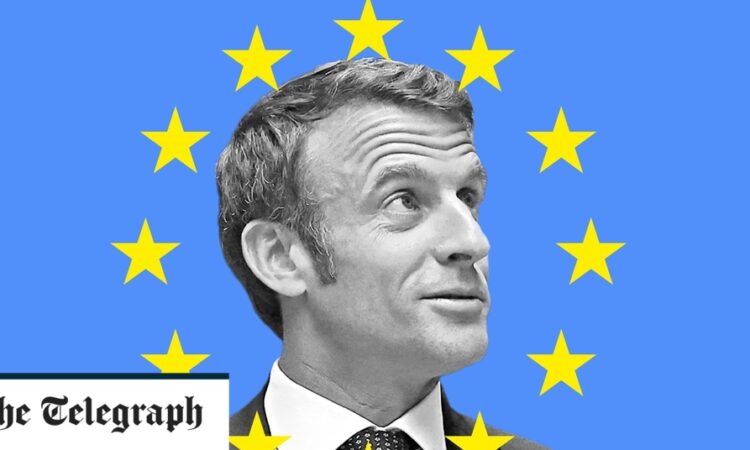
Alexandre de Streel, a former Belgian diplomat and professor of European law at the University of Namur in Brussels, says: “What it says about Europe is that Macron was able to influence that kind of position, which shows his and France’s influence in the Commission.”
Macron’s star has risen after he played a pivotal role brokering a deal on Europe’s new leadership team in 2019 that placed Ursula Von der Leyen at its helm.
Her first speech as the European Commission’s president elect drew clear parallels with Macron’s speech at the Sorbonne. In it, she called for more collective action on a range of issues from climate to completing a banking union.
De Streel says: “I actually do this with my students – ask them to compare the texts.
“It’s almost as if she plagiarised parts of [Macron’s speech].”
Erixon says: “The Commission led by Von der Leyen has sought to drive up the amount of money that is going to be given in industrial subsidies. This is something that has been called for by France for ages: a muscular industrial policy that is going to sprinkle a lot of cash on favoured industries.”
“Sprinkle” is an understatement. Official figures show more than €650bn (£550bn) of state aid has been doled out since March 2022, when the rules were relaxed to allow national governments to subsidise “the manufacturing of strategic equipment” such as solar panels, batteries and heat pumps, as well as the production of key components and related critical raw materials.
Germany, desperate to support its industrial base, has been the biggest beneficiary, accounting for more than half of the subsidies doled out.
Together with France, the two biggest economies in Europe account for almost 80pc of all subsidies handed out so far.






